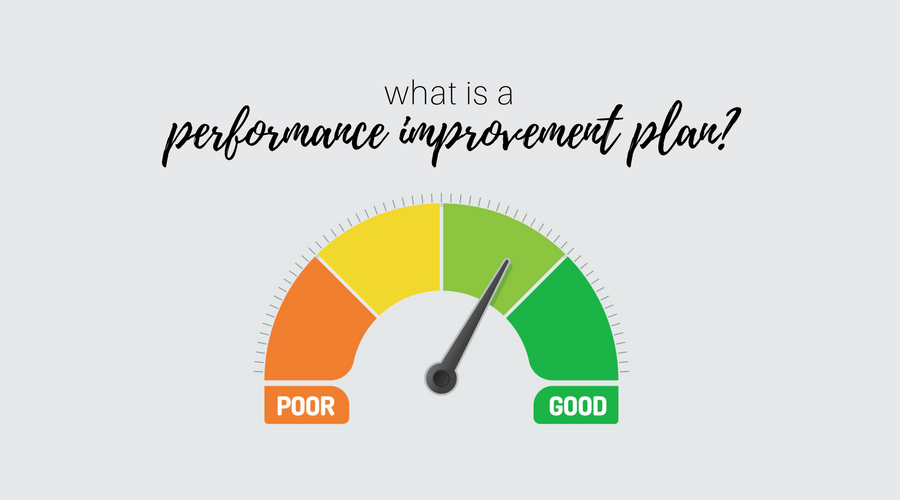5 Ways to Reduce Your Employees’ Overtime

When an employee works over 40 hours in a workweek, you may be required to pay them additional wages at a higher rate. And there is generally no limit on the number of hours of overtime a person can accumulate. Consequently, overtime can cost your small business a lot of money. If your staff is clocking too many extra hours, it could be for the following reasons:
- Heavy project loads
- Poor time management skills
- Wanting to earn extra pay
- Wanting to look like a team player
- Staffing shortages
The good news is, once you’ve identified the cause, you can find a solution that fits. Here are five ways you can reduce overtime – and save money – in your small business.
1. Cross-train your team members
If only one or two people are working overtime regularly, they might be the only ones who can do their job, causing them to have heavy project loads that are preventing them from leaving work on time. To ease their burden, cross-train some of your other workers so they can help.
Cross-training your staff can help prevent issues if someone is sick, on vacation, or decides to leave your company. Additionally, it can boost morale because more members of your team will feel like they’re actively contributing to your company’s success. This can increase productivity, further reducing overtime worked.
2. Set a cap
As an employer, you can set overtime limits for your staff. Creating a policy that caps how many extra hours they can work ensures no one is abusing the overtime pay rate and helps you stay within your payroll budget.
Consider the needs of your workers before deciding how many overtime hours are acceptable each pay period. If you notice they regularly require extra time to finish their tasks, you may need to evaluate workload and individual productivity.
Note: Hourly team members are likely considered non-exempt. This means you will still need to pay them for all overtime, even if it exceeds the cap.
3. Help with time management
Some people may struggle with planning and prioritizing tasks, which causes them to work longer than necessary. You can help these individuals increase their efficiency during scheduled hours by offering training to improve their time management skills. Set clear timelines and coach them on how to prioritize their work. Then, check in often to see how they’re doing.
4. Lead by example
If you’re regularly working past closing time, your workers will likely follow your lead. They might think that working overtime signifies that they’re a team player who’s dedicated to doing whatever it takes to help the company succeed.
Try to leave on time as often as possible to show your staff that working overtime should not be the norm. Then, encourage your workforce to avoid responding to calls or emails after work and to fully unplug when they’re away from the office because you still have to pay them for any time worked outside of the office.
Workful can help you track your staff’s overtime and accurately pay them for all time worked. Learn more about our software, and start your free trial today.
5. Hire new workers
It might be time to hire a new team member if it seems like your whole staff works overtime on a regular basis. Yes, growing your workforce will increase your payroll, but it will save you money on overtime so you can better estimate how much you’ll spend each pay period. Furthermore, it will help improve your employees’ work-life balance. Overall, it may be a worthy tradeoff.
If you see that overtime hours increase around the same time(s) each year, consider hiring a seasonal worker. It will allow you to bridge the gap in manpower, but also prevent you from laying off a staff member when business returns to normal.


